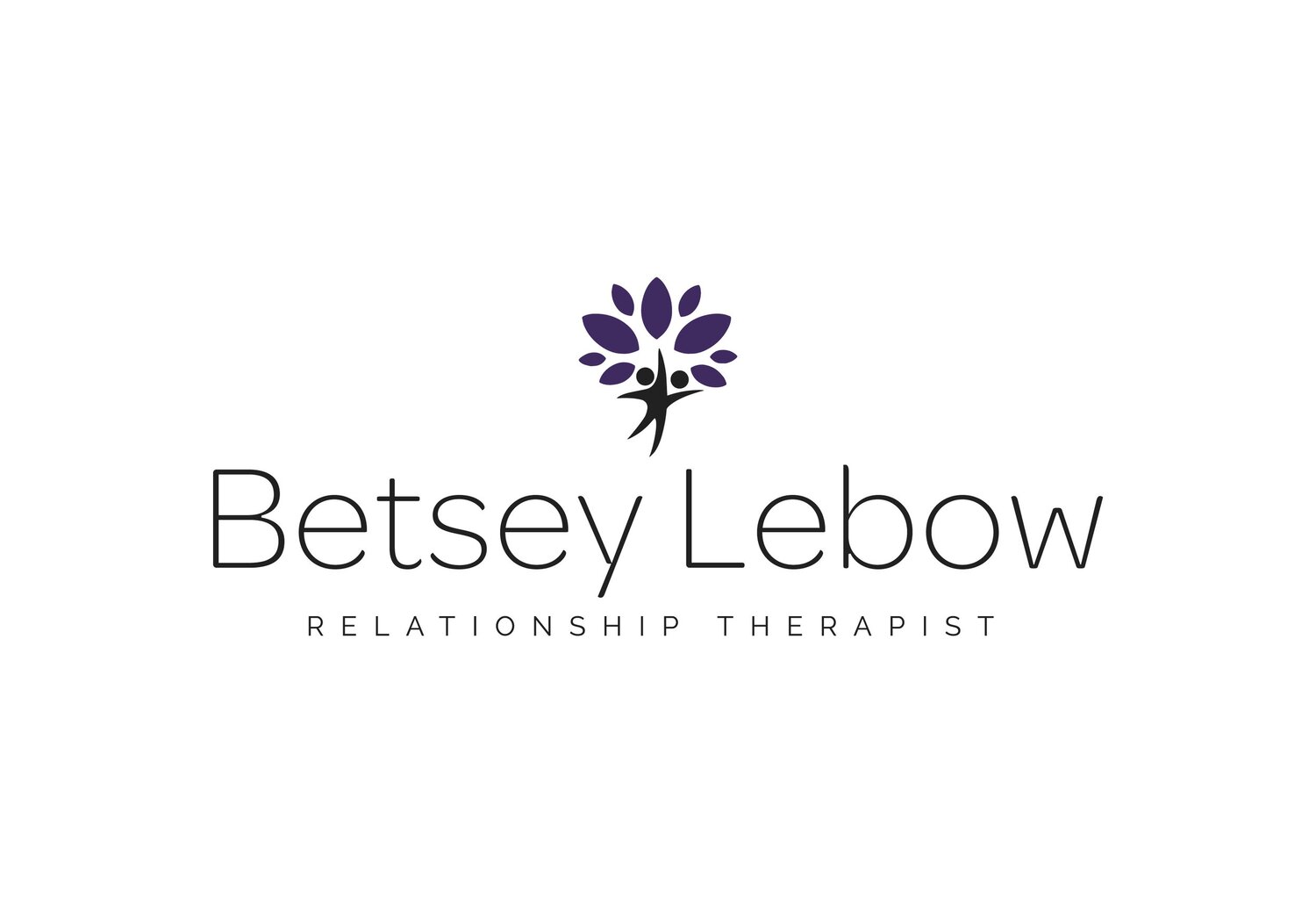Walk/Run in the Other Direction!
/Desiderata 4
“Avoid loud and aggressive persons; they are vexatious to the spirit.“
This portion of Desiderata comes from a rather negative angle, and that’s not normally my style. In this case, I will make an exception and share that I wholeheartedly agree with the message. Yes, it could have been written differently…something such as, “Spend time with people who feed your soul”-ish. NAW! That is NOT the message.
The message, as I read it is: “Pay attention to the awfulness that just might be around you at any given time and don’t let it mess with you by buying into it, and…run! Don’t let obnoxious, bombastic, and loud people mess with your calm and compassionate self.”
We need to set boundaries for ourselves that reflect our values. I choose not to spend time with loud people who exude negativity or express themselves in a way that makes others wrong. I need to protect myself from their vexations! I value peace and living a no-drama life, so when I feel my body tensing from an interaction, I find a way to be somewhere else. And I try my best to not make that other person wrong or bad.
HOWEVER…in addition to the above…as a relationship therapist I can’t help but see the hurt little child in every bombastic person and, instead of asking myself, “what’s wrong with him or her?” I ask, “What happened to him or her.” Another value I hold dear is to be kind. What do you hold dear and how do you protect your spirit?

